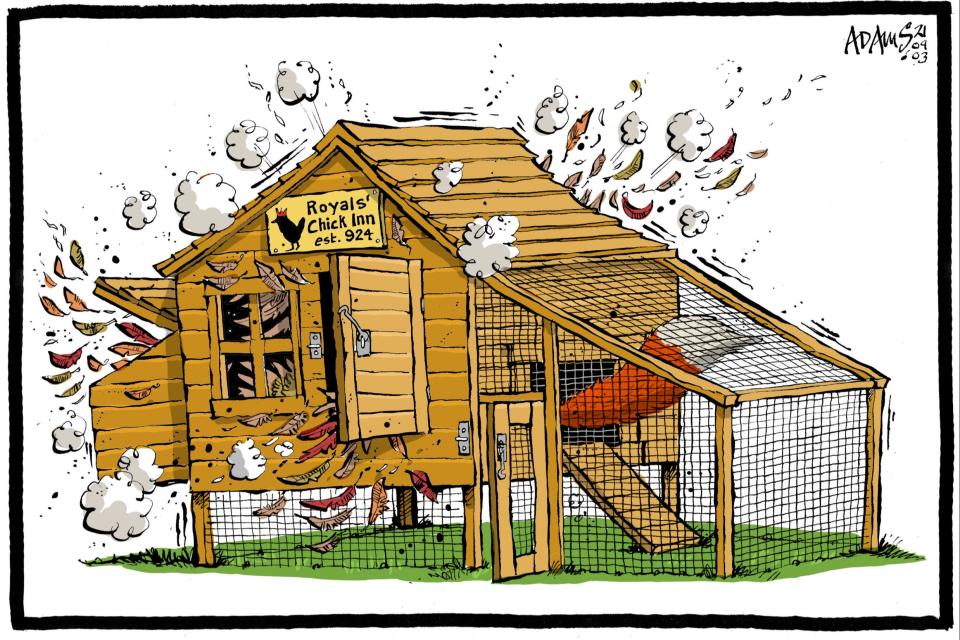Evening Standard Comment: What do we want from our digital future?

What do we want from our digital future?
As restaurants went into lockdown in March and we started what would become a year that included seven months of being locked at home it is no wonder we — alongside small independent restaurants — became new customers of food delivery companies.
And as restaurants stayed closed, devastating many businesses, food “riders” zipped around London, saving many a frazzled parent from cooking and providing for some restaurants a small lifeline of orders (though rarely profit).
Yesterday, as everyone obsessed over the Meghan and Harry interview, British food-ordering company Deliveroo slipped out its plans for its London stock market IPO, announcing both a rise in sales of 54 per cent this year and a loss of £224 million.
This followed a blizzard of positive PR spin over the last week, including setting up a £50 million fund for restaurants facing years of debt and closures and announcing a bonus for its 30,000 riders on the back of its possible $7 billion float, which will net executive employees big pay-outs and founder Will Shu up to $500 million.
We should be rightly proud of this British company and, like our Chancellor, share his enthusiasm they are floating here. And both of these Deliveroo announcements of support to its riders and restaurants are hugely welcomed by the Standard. It’s also good business.
For Shu’s company, which has a 16 per cent Amazon stake, the big test ahead is whether post-pandemic it will lose customers who return to eating out and many of the independent restaurants that joined. So why not help them…
Secondly, sharing a bonus with its “riders” was essential. That the Deliveroo “riders” would share none of the IPO windfall was raised by us last week. There are many “tech” companies, Uber included, which have built their growth on the gig economy.
To supporters, it means valuable job growth; to detractors a form of cheap, unsecured labour. Hailed as a positive move for flexible working, it means avoiding expensive employment benefits — holiday pay, sick pay and redundancy. And in the case of Deliveroo, well, if you are not an employee, you also can’t own shares so cannot benefit from a float.
And yet, as Shu acknowledged himself, the riders built his business with him. But why not go further and offer more benefits to their growing army of “riders” ahead of their IPO? The answer is simple: to grow market share aggressively as Shu outlined yesterday, they need more riders. And to reach profit they need to keep growth up, costs down.
They have 30,000 riders who have access to little protection. They will not want to announce costly benefits that will hit their business model. But laws that have been written over decades to protect workers cannot be side-stepped, nor should they be.
Deliveroo is far from the only “tech” firm offering this flexible work model. And as we wrote last week, the gig economy is raising much bigger questions about where we are going as a digitised society and who benefits.
The big gig outfits cannot keep insisting normal rules of employment do not apply to them. Uber learnt this in the courts. In the EU, they are considering “flexicurity” where “independent workers” enjoy flexible hours and some employee-style perks.
Let’s hope we follow suit here. And what a novel idea if the “robber barons” of the tech industries, as some are dubbing them, lead first as they pocket their windfalls, not wait for the Government which will drag its feet.
Read More
Deliveroo posts £224m loss in run-up to £7bn London float
Uber loses Supreme Court appeal as court rules drivers are workers with rights to minimum wage
Evening Standard Comment: Gig economy workers need better protection

 Yahoo Sport
Yahoo Sport 





































